Veridical Ethics for Work Health and Safety
$0.00 AUD ($0.00 ex GST)
Abstract It is believed and argued that work, health and safety has not, is not, but needs to be ethically based. Attention should be directed to how to achieve the required outcomes. Ethics requires that the community, whose members are damaged know the extent of that damage absolutely and relatively. $20 billion Australian annually (92-93), twice the Queensland Government Budget, 2½ months of Australian retail sales, greater than Mining ($18.4 billion) or Agriculture, Forestry and Fishing ($17.2 billion), 5 times the estimated cost of injury and fatal road crashes. Ethics requires that the community know that 80.5% of this cost is from permanent disability, 50,000 people per year. Cairns in 31 months. Once a person is permanently disabled and treatment fulfilled, the cost has been created. It is only a question of how the cost is shared. Currently, Employer 30%, Individual and Family 30%, Community (via Social Security) 40%. It is ethical to focus effort on permanent disability (80.5%) and fatality (1.5%). The source of fatality is known but of permanent disability is not. Effort cannot yet be ethically directed. It is ethical to have feelings for and to value human beings. Jungians such as Johnson argue that of the four basic functions, intuition and sensation; thinking and feeling, our western community has developed logical rational, abstract thinking to a very high degree – but at the expense of the feeling/valuing function. It is ethical for people permanently disabled from work to be valued, honoured and respected by the activities of the community, the press and by the content of safety conferences. It is ethical for the community to both permit and demand that the government manage on its behalf and commit resources to produce outcomes – namely identify how people are killed and how people are permanently disabled and eliminates such occurrences. Some managers have a highly developed feeling/valuing function. How is this developed in others? It is ethical to have the feeling/valuing function energize and direct the logical, rational abstract thinking. This thinking must be based on veridical (true saying) information. Copyright© This work is copyright and is the Intellectual Property of the Author. You may download, display, print and reproduce this material in unaltered form only for your personal, non-commercial use or use within your organisation. Apart from any use as permitted under the Copyright Act 1968, all other rights are reserved. Requests and inquiries concerning reproduction and rights should be addressed to The InterSafe Group, PO Box 7338, East Brisbane, Queensland, Australia, 4169.
Only logged in customers who have purchased this product may leave a review.

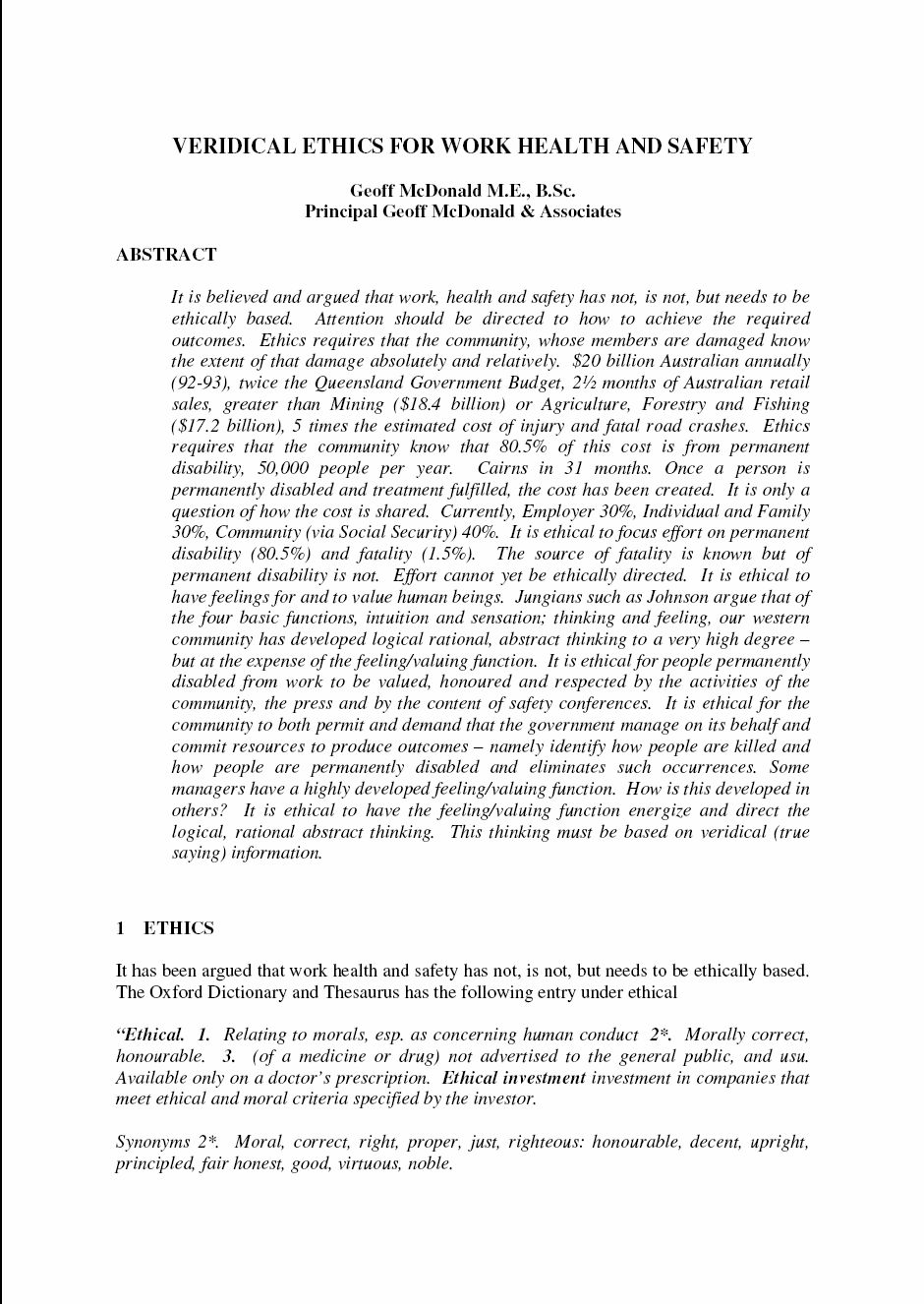
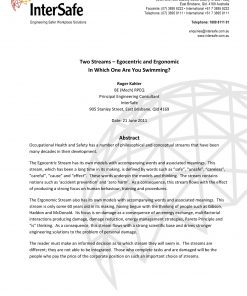
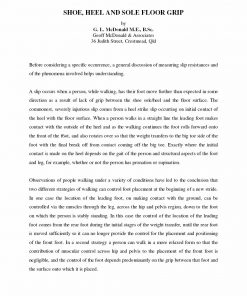
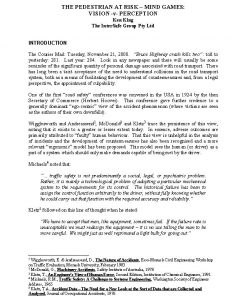
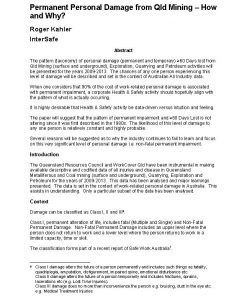
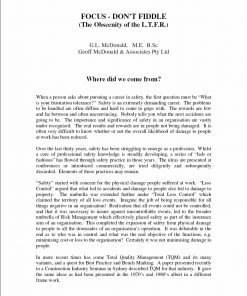
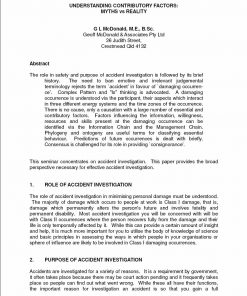
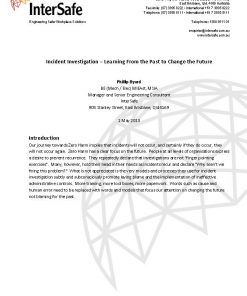
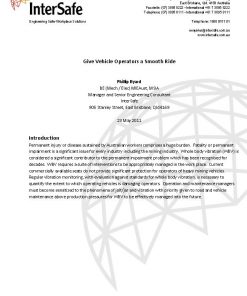
Reviews
There are no reviews yet.